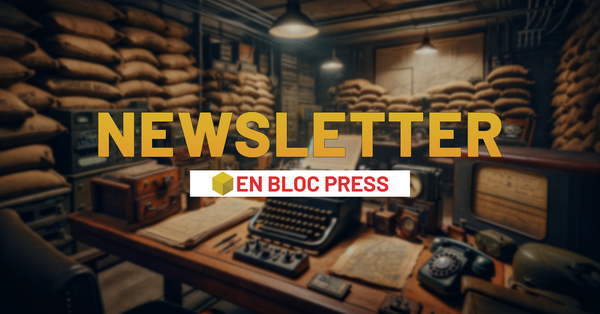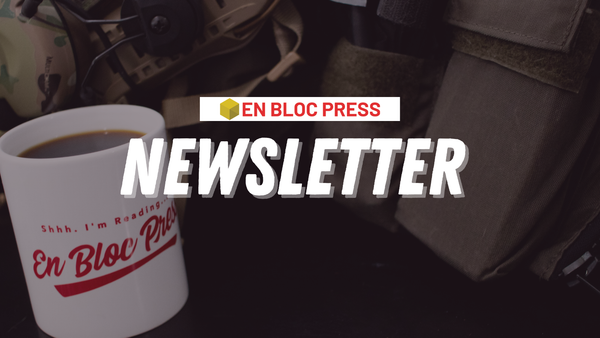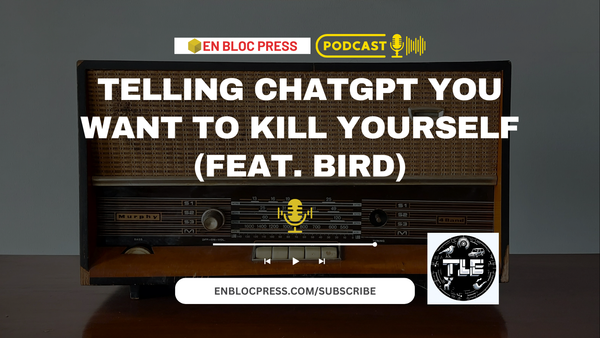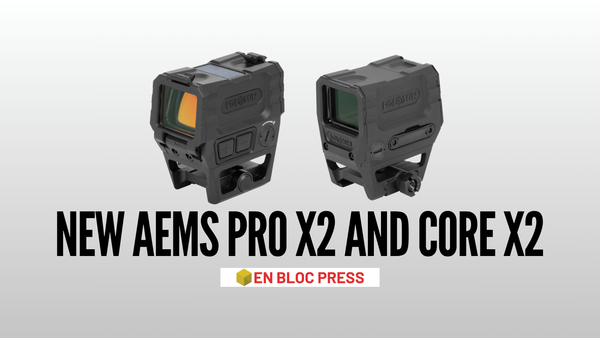Maker's Mismatch? - Issue #13 - 2022
The subscriber-only newsletter for the week of March 26th, 2022.
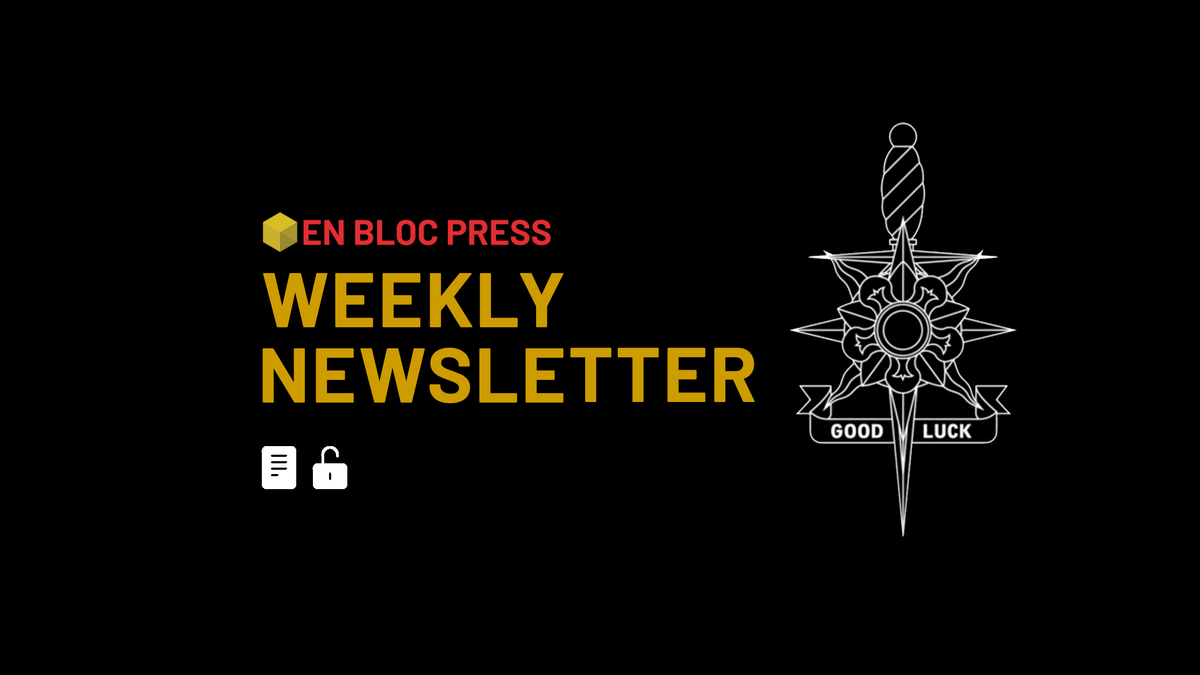
3D Printing & DIY
This week's look at the maker space...
Drama at the Maker's Match
There was a bit of a dust-up on Twitter about last weekend's annual Gun Maker's Match ('GMM' moving forward) in St. Augustine, FL. For anyone unaware, the GMM is a competitive shooting event centered around 3D-printed and DIY firearms. Many well-known figures of the 3D gun world were in attendance, including Rob Pincus, a former police officer, and long-time law enforcement trainer.
Pincus's involvement in 3D-printed guns is controversial in the community because of his affiliation with law enforcement, his love of involving journalists in these events, and some of his takes on 3D-printed guns (for example: in April of 2021, he suggested that 3D gun files could be electronically serialized/watermarked and licensed for individual KYC sales in a digital rights management model similar to Apple Music, rather than the files being free and open-source [vid here]).
Many people – myself included – are critical of Pincus or view him with suspicion. The 3D-printed gun scene has historically believed that anonymity and decentralization are keys to success. Cody Wilson himself has frequently cited Tim May's crypto anarchist manifesto. 3D-printed guns, while generally legal at the US federal level, do face strict legislation in several states and across most of Europe, and many enthusiasts prefer to remain anonymous or pseudonymous in their involvement.
Understanding the above is essential because it helps explain why when word got out on Twitter that participants at the GMM were being asked to provide their full names and government-issued photo IDs for the event, which was held at the St. John's County Fraternal Order of Police shooting range, there was some pushback.
RK, of RK Spookware, a distributor of hardware kits and related wares, was apparently kicked out of a portion of the event after taking issue with Pincus and the extensive personal information requirements necessary to attend.
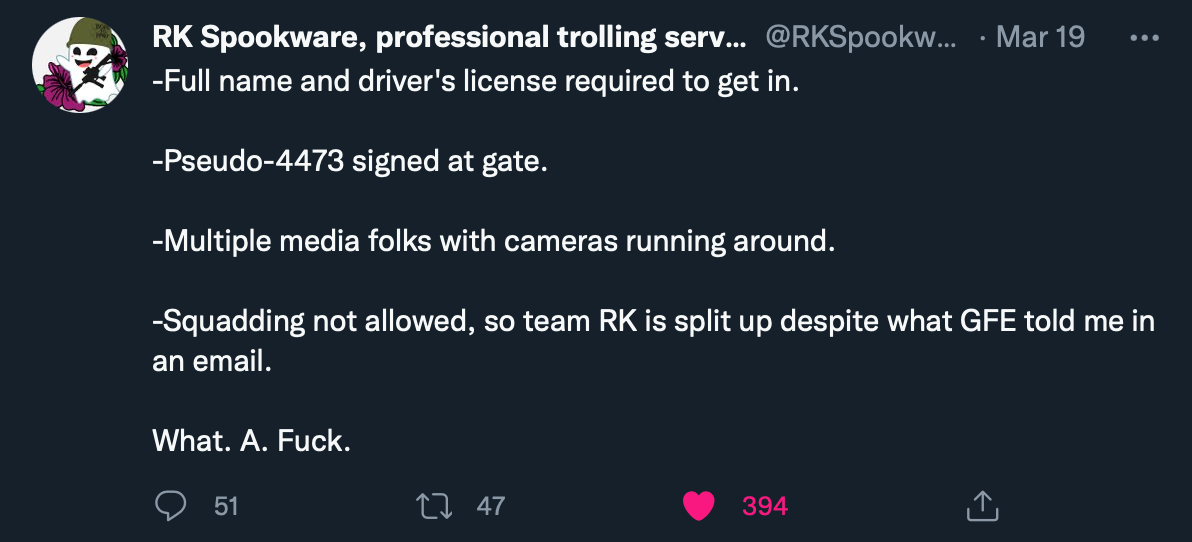
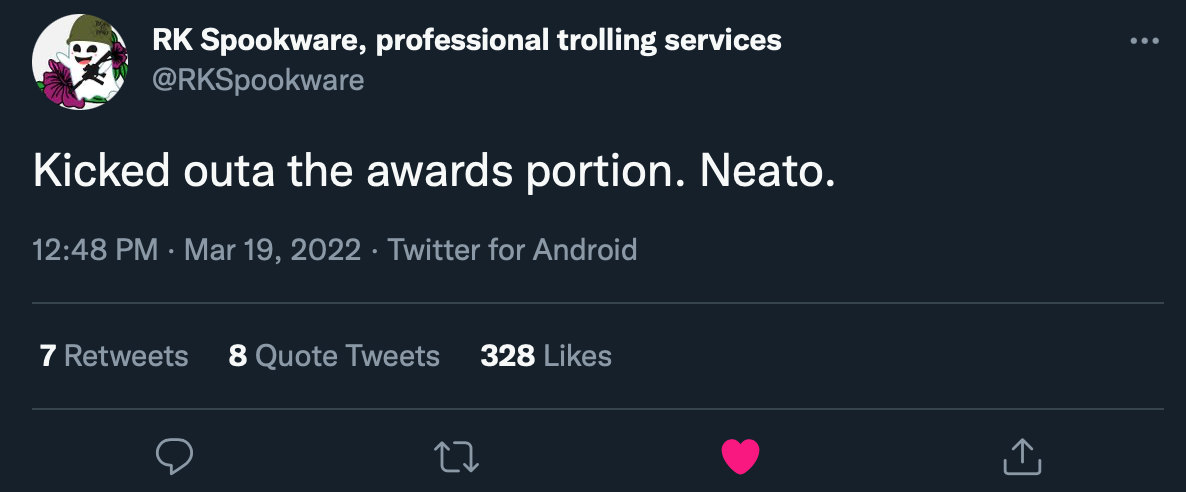
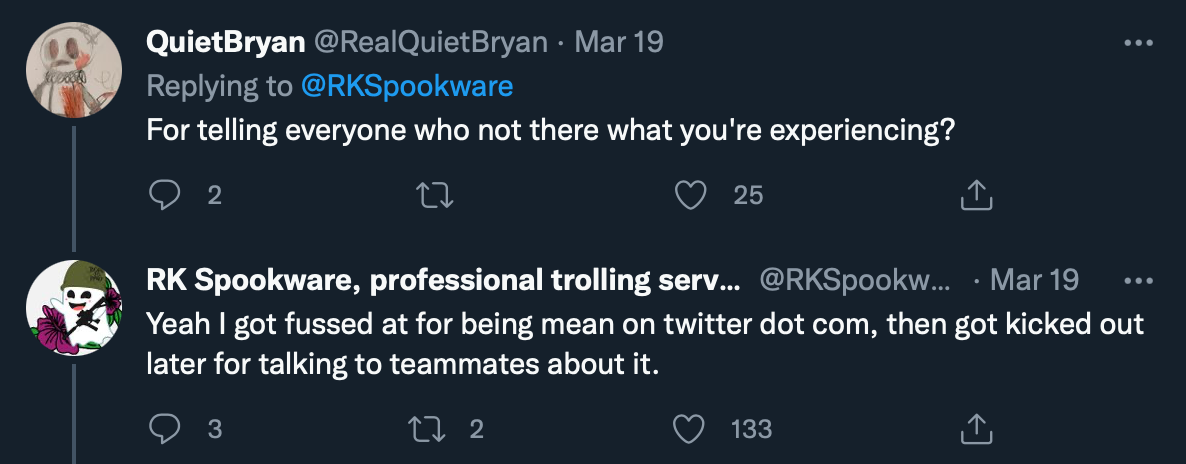
The need for showing a government-issued ID runs counter to much of the traditional sentiment of the crypto anarchist/cypherpunk gun builder community. When criticized, the event's management seemed to double down on their position that requiring full dox wasn't a big deal. Some people were adults about it; some people were not. I enjoyed the memes, but I'm not going to use this as a place to stir the pot. The drama is easy to find on Twitter if you want to see it.
I can totally understand not wanting to dox to a police range for your ghost gun competition. On the other hand, it is common to furnish your ID to use a public shooting range, and I saw at least one organizer state that this requirement was made known to people ahead of time. Both sides have a point here.
Other events in the 3D gun space do not require you to dox yourself and facilitate payments via cryptocurrency/BTC. Bear Arms N' Bitcoin (full disclosure: I'm a media partner to this year's BANB event, but I'm not being paid to say this) hosted the first ghost gun competition a few years back and managed to do so while respecting attendee privacy. GMM did not appear to put any real effort into allowing people an offramp if they wanted to remain pseudonymous, which is probably an 'actions speaking louder than words' moment.
I can see both sides of the argument on this subject, but I still land on the side of respecting peoples' privacy. My two cents is that GMM should have taken steps to mitigate the ID requirements, but it's not my event.
It seems from what people are reporting that most people had fun and that KYC/police aside, it was a good day at the range for many people.
The bigger friction here, in my view, is that 3D-printing firearms are crossing the threshold from being a smaller, misunderstood hobby that quietly goes on in the background to being a popular and freely-operating segment of the gun community that can show its face in the daytime at a police shooting range.
This evolution has the potential to be a good thing, but only if the foundational ethos of 3D printing is advanced in parallel with the popularity of the hobby. I believe it's more important to carry forward the "free men don't ask" sentiment of DIY firearms than to trade these beliefs for camera time from journalists.
Therein lies the rub with using guys like Pincus to popularize your hobby or event. Pincus is a talented promoter, an accomplished shooter, and a good public speaker. I don't doubt that he's a nice guy or even that he's a 2A advocate, frankly.
I'm not going to get on the bandwagon and say that Pincus is a bad actor collecting intelligence on 3D printing for the government. I simply think he's a fudd and a boomer who doesn't quite 'get' (or at least doesn't fully agree with) the "can't stop the signal" ethos of craft-made guns.
However – given everything you've learned about the government in the last 20 years – what do you think the chances are that the names and IDs of everyone attending a ghost gun competition are not going to end up in a law enforcement intelligence database?
It looks like almost everyone at GMM had a good time. These types of meetups are essential for growing the hobby. Ghost guns are cool. But I think it's also important to remember that the whole point of 3D-printed guns is that they're permissionless; this consideration should ideally be built into any event centered around them.
If I were to plan such an event, I might start with a question like, "Is my shooting competition easier for VICE News journalists to get into than for people who are actually into 3D-printed guns?" and work backward from there.


